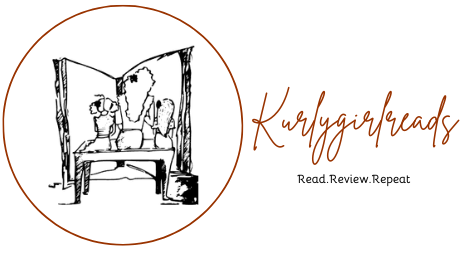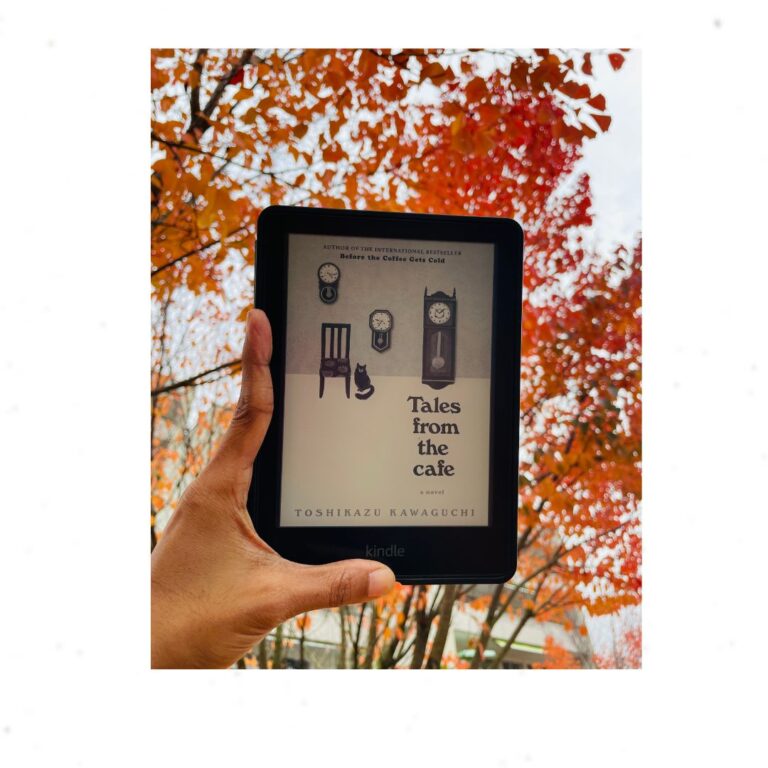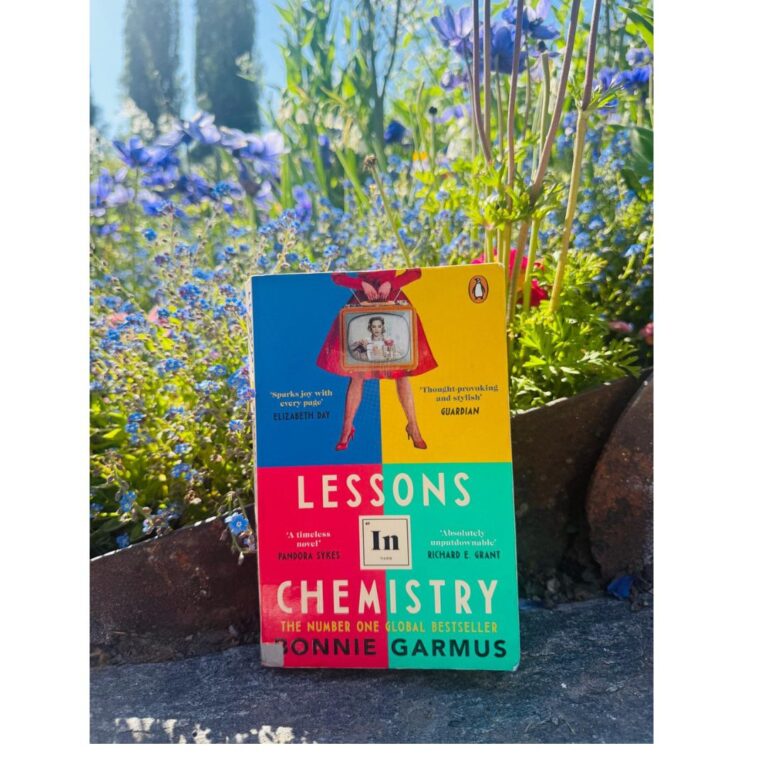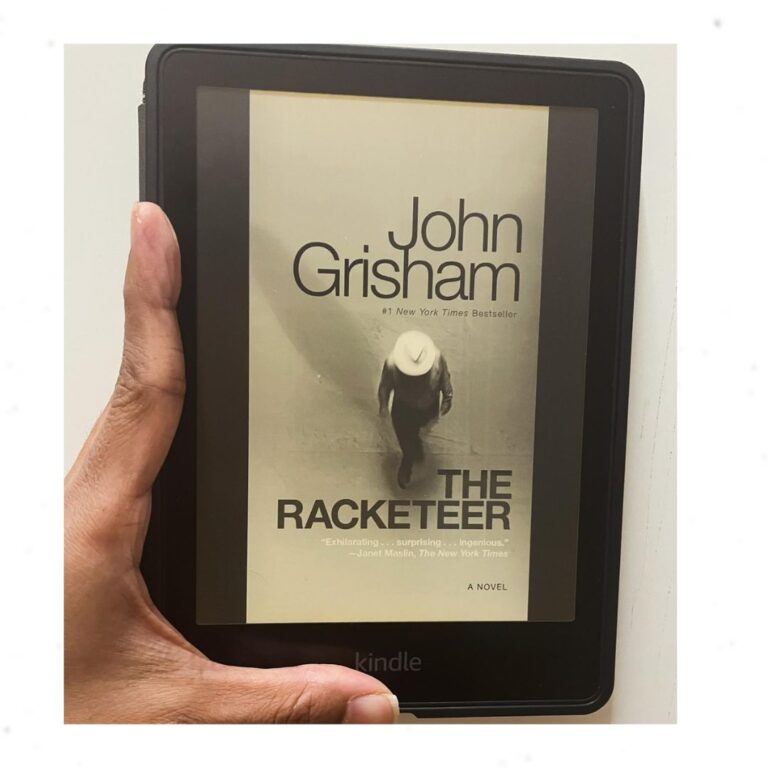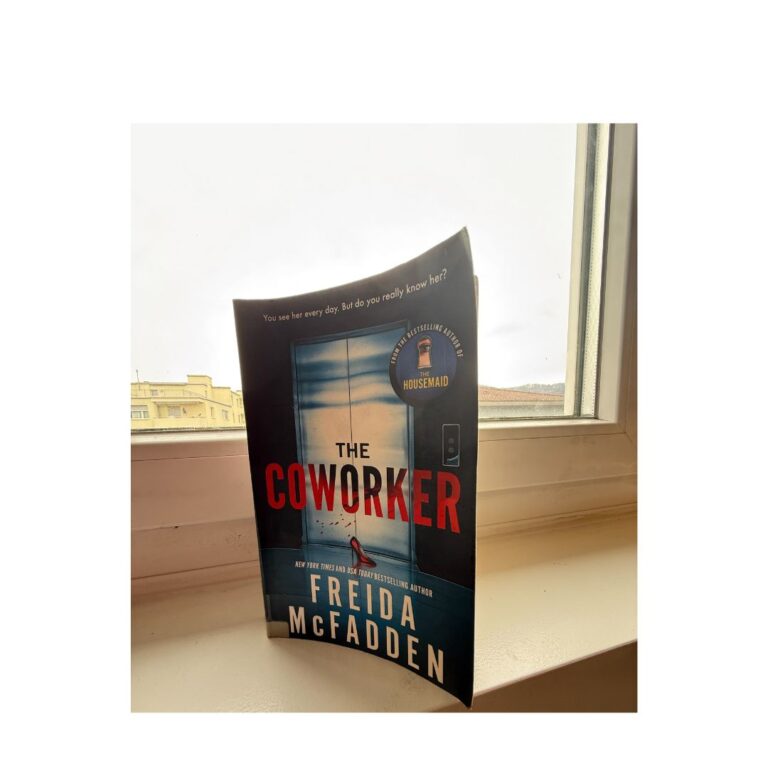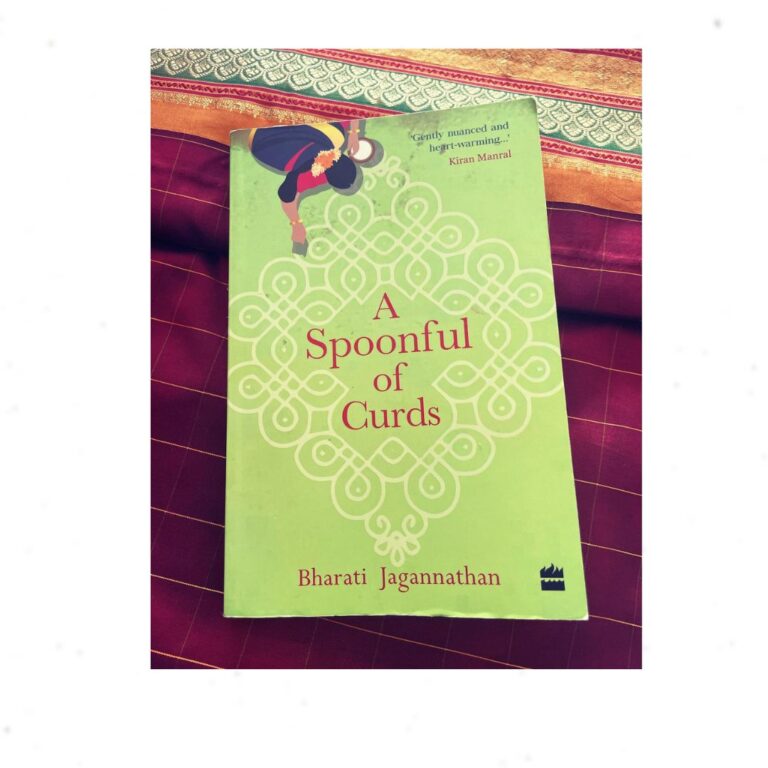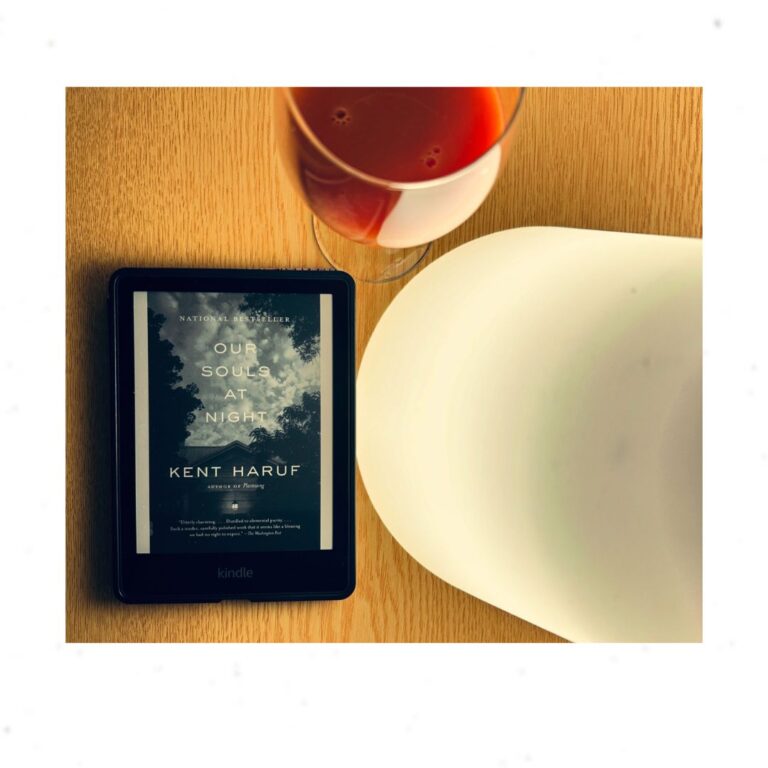After a long time, I picked up a Hindi paperback to read. All the previous books I’ve read by Divya Prakash Dubey were on my Kindle. During my trip to India this year, I treated myself to a copy of this book. Yaar Papa is a story meant to be savored slowly, and that’s exactly what I did this week. And when the opening chapters include the famous lines from Farida Khanum’s Waqt ki qaed mein zindagi hai magar, chand ghadiyan yehi hain jo azad hain, I knew this book was meant for me.
Synopsis: Manoj Salve has a knack for winning the impossible. It’s his thing. Even the judge pays attention when he stands up to speak in court. He’s on the cover of every major magazine, and for the past few years, he has been on the list of the country’s top 100 most powerful people. From actors to politicians to business tycoons, they are all part of his network. No lawyer can match Manoj’s brilliance. But then, the news breaks out of nowhere—his law degree is fake. This time, Manoj can’t talk his way out of it. The man who can win any case has lost in his daughter Sasha’s eyes. She refuses to speak to him. Why does she think he is the worst person ever? And can Manoj rebuild his career—and his relationship with her?
My Take: I started reading Divya Prakash Dubey with his first book, Masala Cafe, because he drew me back to reading in Hindi. As he calls it, Nayi Wali Hindi, the book is peppered with English words written in Hindi, along with bold English sentences in between, making it fresh, engaging, and conversational—just like how we talk to our friends and family in our daily lives. Yaar Papa is more than just the story it seems to be. It’s not only about the father-daughter relationship between Manoj and Sasha, but also about the other relations that shape their lives.
There are Manoj’s best friends, Gajendra and Meeta, who bring their depth to the story. Meeta, who eventually becomes the principal of the same law school she graduated from, adds another layer to the plot. Then there’s Priya, Manoj’s estranged wife, with whom he still shares a close bond. Priya’s friend, David, also plays a role in the narrative. The story also touches on Baba, a college figure who is trying to understand life and his relationship with his mother. That’s how all the students refer to him, trying to seem cool, but his journey is much more complex than it first appears. Sasha’s friend, Anusha, who has a soft spot for Manoj, adds another layer to the story. Anubha and Gungun may not appear much, but they hold significant importance in Gajendra’s life. Sasha also has a chance encounter with the “smiling uncle,” who helps her understand life better and the importance of forgiveness. His simple yet profound perspective leaves a lasting impact on her. And of course, there’s Manoj’s backstory—how he became the person he is today and the relationship he shared with his father.
Dubey weaves all these characters together beautifully, and how their paths intersect is something you’ll need to read and discover for yourself. Each of these connections holds a deeper story, making it all worth a read. There are many bookmark-worthy lines throughout the book when he discusses relationships, love, and friendship, but my favorite line has to be, “Sab ho jata hai, bas thodi si aur koshish karni hoti hai.”
If you’re someone who enjoys stories that delve into complex relationships, personal growth, and the power of second chances, Yaar Papa is a must-read.
